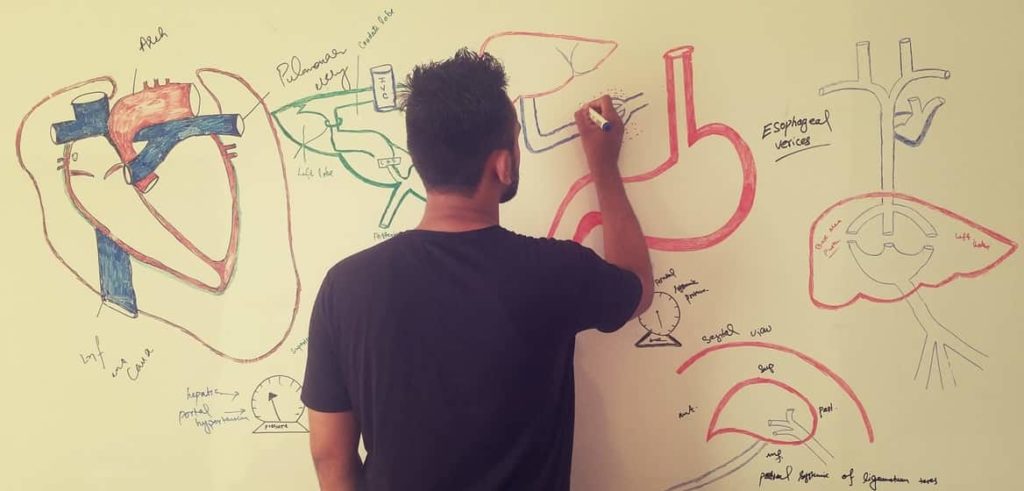Nursing Care Plan For Chronic Kidney Disease

To understand the nursing care plan for chronic kidney disease (CKD), we must understand what is renal failure itself?
What is renal failure?
Different pathological diseases like diabetes mellitus, hypertension, Infections, toxic agents, polycystic kidney disease, glomerulonephritis, etc causes damage to the kidneys resulting in irreversible loss of functional nephrons. This irreversible loss of nephrons results in the activation of compensatory mechanisms of the body that eventually results in glomerular hyperfiltration. That leads to decreased GFR and eventually uremia (accumulation of nitrogenous wastes, fluids, and electrolytes in the blood).
Nursing Assessment in CKD
Subjective Data
- Muscular pain, cramps, hypotonia (loss of tone of muscles) and Limited range of motion.
- Weakness, confusion, and fatigue.
- Loss of appetite (anorexia), metallic taste, mouth ulceration.
- Pleuritic pain and shortness of breath.

Objective Data
- Altered level of consciousness, seizures, and tremors.
- Hypertension, Juglar venous distention, edema.
- Kussmaul breathing, increased respiratory rate (tachypnea), crackles at lung bases upon auscultation.
- Uremia & vomiting.
Nursing Diagnosis CKD
- A nursing diagnosis is made upon the following observations.
- Generalized edema, urine output is decreased and there is the retention of sodium (Na) and water in the body.
- The nutritional status of the patient is imbalanced. Less caloric intake and marked anorexia.
- Retention of waste products, generalized fatigue, confusion, and anemia.
Nursing Care Plan
- Monitor vitals and the weight of the patient.
- Monitor the nutritional status of the patient.
- Advice/counsel the patient to reduce fluid intake significantly.
- Activity intolerance should be tackled by assessing contributory factors.
- Accumulation of accessive fluid causes discomfort, therefore assist the patient accordingly to cope with discomfort caused by the restriction of fluid in the body.
- Counsel patients to increase caloric intake, reduce proteins, salt and potassium diet.
- Assist the patient to perform activities when fatigued.
Medical Disclaimer: The information provided on this website (www.madeformedical.com) is only for educational purpose and is Copyrights Protected. While we tried hard to write quality articles but still, the articles and the information within them is not guaranteed to be free of factual errors or typos and hence may not be correct. You are advised to independently verify the claims in the articles and make your own conclusion.
